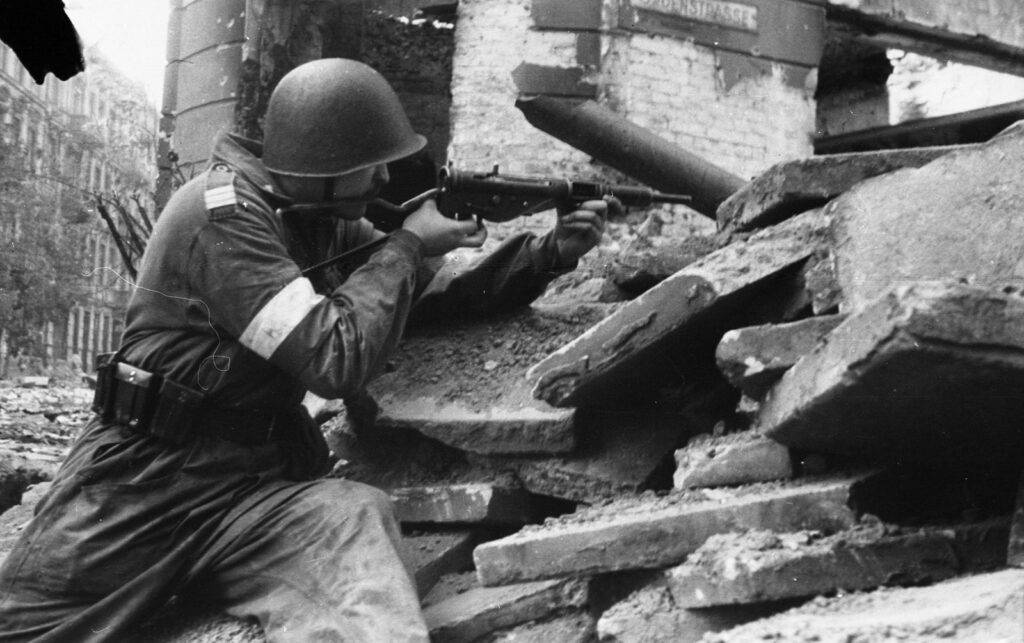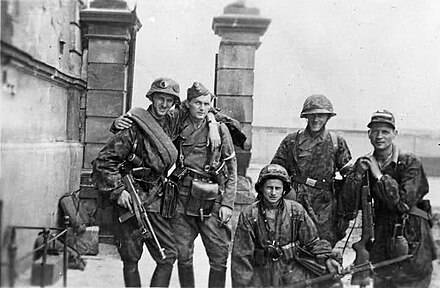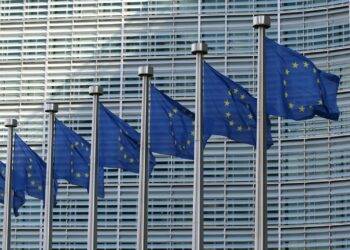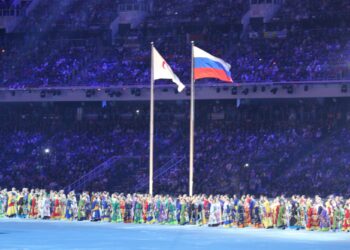President Andrzej Duda has officially signed a law establishing February 14 as National Remembrance Day of Home Army Soldiers (Narodowy Dzień Pamięci Żołnierzy Armii Krajowej), recognizing the contributions of Poland’s largest WWII underground resistance force, and one of the largest in Europe. The ceremony, held at the Presidential Palace, was attended by veterans, government officials, and war heroes, marking a significant moment in Polish historical commemoration.
- More News from Poland on our Homepage.
- Sign up to our Newsletter
The new holiday, which coincides with the anniversary of the 1942 transformation of the Union of Armed Struggle (Związek Walki Zbrojnej) into the Home Army (Armia Krajowa), will serve as a symbol of national pride and remembrance. The Home Army, which played a critical role in resisting German occupation, is widely regarded as a pillar of Poland’s wartime history.
Duda Praises Veterans and Lawmakers
During his speech, President Duda expressed deep gratitude to the surviving Home Army veterans, emphasizing their role in shaping Poland’s national identity.
I thank you for your service to our homeland, not only during those dark times when Poland was absent from the map, when you risked your lives fighting, but also afterward, when you continued to bear witness to history. Your words and actions teach younger generations what it means to be a true Pole, a patriot, to love one’s country.
The president also acknowledged lawmakers from both chambers of parliament who supported the initiative, highlighting its broad national significance.
This holiday is important. It recognizes the full spectrum of individuals who took part in the resistance, paying tribute to those who, in secrecy and under occupation, fought for an independent and sovereign Poland.
Symbolic Timing and Historical Significance
The February 14 date is historically significant as it marks the day in 1942 when Prime Minister-in-exile Gen. Władysław Sikorski issued an order converting the Union of Armed Struggle into the Home Army (AK). The organization quickly became one of the largest underground military movements in occupied Europe, peaking at over 480,000 soldiers in 1944.

Operating as an integral part of the Polish Armed Forces in Exile, the Home Army executed sabotage missions, intelligence operations, and guerrilla warfare against Nazi forces. It played a significant role in disrupting German supply lines to the Eastern Front, destroying or delaying approximately 1/8 of all German rail transports. Its most famous endeavor, the Warsaw Uprising of 1944, was a bold, yet tragic, attempt to liberate the Polish capital before Soviet forces arrived. Despite its ultimate failure, the uprising remains a powerful symbol of Polish resilience and defiance.
In comparison to other European resistance movements, the AK’s size and organizational complexity were unparalleled. For example, the Yugoslav Partisans and Soviet partisans were also significant, but the AK’s integration of diverse political and social groups under a unified command structure made it unique
A New Chapter in National Memory
With the establishment of this new national holiday, Poland joins a growing number of nations recognizing WWII resistance movements. Observances on February 14 will likely include official ceremonies, educational programs, and tributes to surviving veterans, reinforcing the Home Army’s legacy in public consciousness.
Historians and military analysts see the move as a reaffirmation of Poland’s commitment to preserving its wartime history. For many, the holiday serves as a counterbalance to Soviet-era narratives that sought to downplay the role of the Polish underground movement in WWII.
By institutionalizing the memory of Home Army soldiers, Poland is ensuring that their contributions remain a central element of national identity, passing their legacy to future generations.
Support Poland 24
Poland 24 is an independent publication dedicated to providing accurate, insightful, and timely news from Poland. In an era where reliable journalism is more important than ever, we take pride in delivering content that keeps you informed about the latest developments in politics, culture, and society in Poland. However, as an independent outlet, we rely on the support of our readers to continue operating without the influence of corporate sponsors or political agendas. Your donations are crucial to help us maintain the quality of our reporting, covering both major headlines and the stories that often go untold by mainstream media.
By supporting Poland 24, you are not only helping us sustain our website, but you are also contributing to the creation of more diverse, in-depth content. Every donation, big or small, allows us to invest in better resources, hire experienced journalists, and cover a wider range of topics with the detail and attention they deserve. If you value independent journalism and want to see more high-quality content about Poland, please consider donating today. Your support truly makes a difference in our ability to continue bringing important news to the public.


















